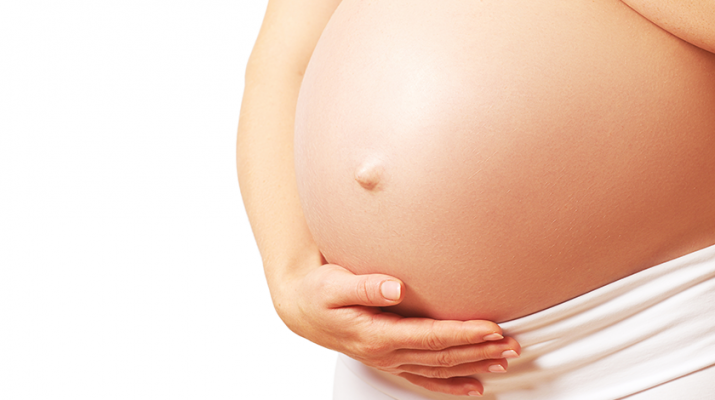By Deborah Jeanne Sergeant
Amid the many changes a pregnant woman makes in her lifestyle to nurture and protect her baby, her diet can be among the most important. What a woman eats can directly affect the baby’s health, both positively and negatively.
Madonna Tomani, OB-GYN at Madonna OB-GYN in Rochester, said safe food handling can help prevent listeriosis, a bacterial infection caused by the bacterium listeria monocytogenes.
“Wash raw fruits and vegetables, avoid sushi and soft cheeses and cook all lunch meat,” she said.
The issue with lunch meat lies in the frequency of listeria outbreaks with this type of food.
“You can’t be sure of the storage of this particular food group and if it’s been chilled properly,” said Amy
V. Haas, Bradley certified childbirth educator and founding member of the Rochester Area Birth Network.
Haas operates Healthy Birth of Rochester and serves on the board of the Institute for Family-Centered Childbirth in Rochester.
While many sandwich shops lightly toast subs, the meat must be heated to steaming hot to kill listeria.
David Gandell, OB-GYN in practice at Rochester Gynecologic & Obstetric Associates, said that the infection can cause miscarriage, stillbirth and premature delivery.
“It generally comes from contaminated food prep areas,” he said.
Other foods that can place pregnant women and their babies at risk include non-pasteurized milk and juice, raw eggs and any raw meat.
Gandell advises pregnant women to limit their consumption of large fish known to be contaminated with mercury, which can harm the baby’s developing nervous system. These include large fish like tuna, swordfish and shark.
Pregnant women must strictly avoid alcohol and tobacco products, as these cross through to the baby.
“We live in a society where alcohol is commonly consumed,” Gandell said. “There is no clear threshold on how much alcohol is safe for pregnant women. Later in pregnancy, especially, there are changes in the brain caused by alcohol. No alcohol should be consumed during pregnancy.”
So What Should Women Eat While Pregnant?
• “A varied, whole food diet, including 75 to 100 grams of protein, 3 to 5 servings of complex carbohydrates, 2 to 4 courses of calcium, 3 to 5 servings of fruits and vegetables, including leafy green vegetables.
• “Drink filtered water when you’re thirsty and nutritional beverages like fruit teas.
• “Think color and variety. Quality is key over quantity. A varied whole food diet will provide the broadest spectrum of nutrients to support the pregnant body and grow a new human.
• “I am a fan of eating organic, but that’s a personal choice. Not everyone can afford to do that. Buy the best quality we can afford to find.”
Amy V. Haas, founding member of the Rochester Area Birth Network.
• “Women who are underweight may need to gain 25 to 40 pounds during pregnancy.
• “Women who are overweight may need to gain 15 pounds.
“You should be aware of calories. New weight gain guidelines have been stratified based on pre-pregnancy body mass index.”
David Gandell, OB-GYN in practice at Rochester Gynecologic & Obstetric Associates

